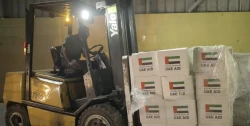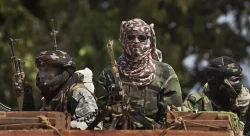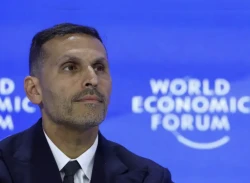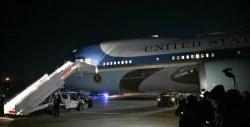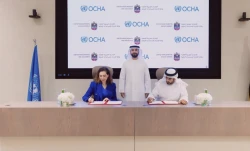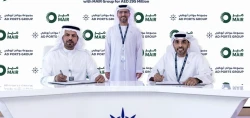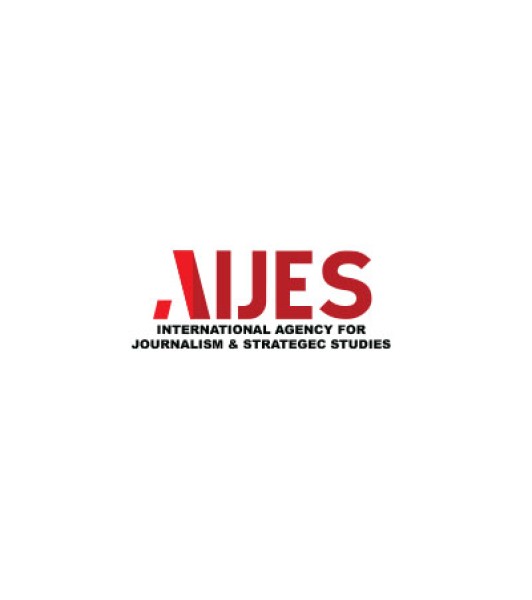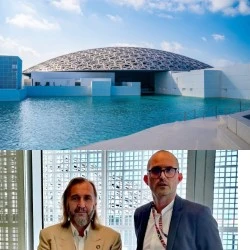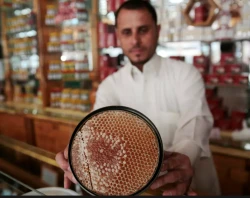Sacks of chemicals, plastic fruit … and millions of pills: inside a Damascus Captagon factory
- 2024-12-16 08:54:00
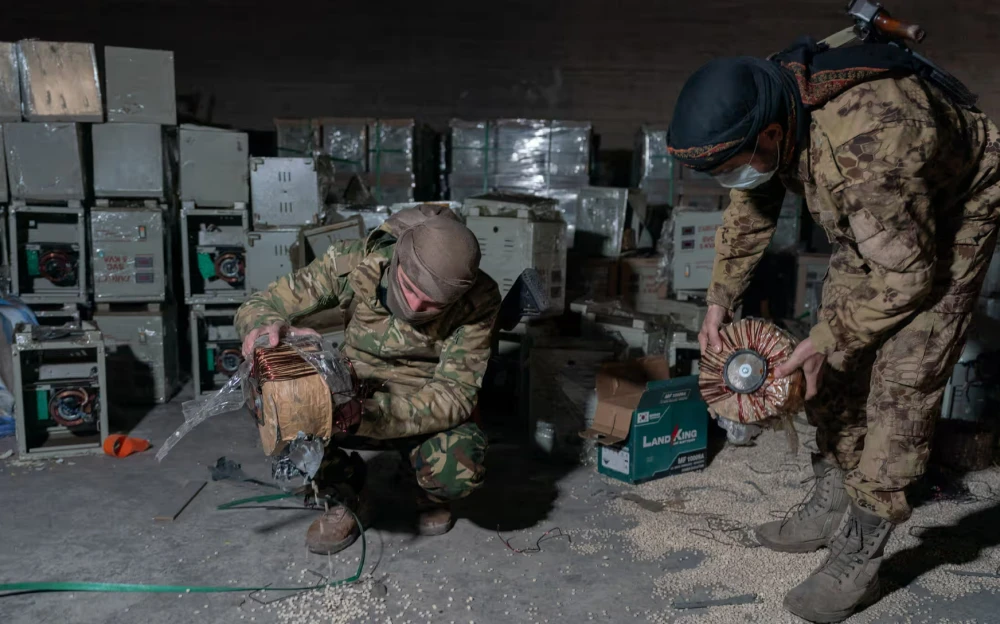
On the outskirts of Damascus, just a 20-minute drive away from the centre of the Syrian capital, lay a sprawling industrial complex. Professed to be a soap factory, its products were anything but clean.
Rebels broke into the complex on 8 December as they pushed towards the capital city and found millions of Captagon pills and industrial quantities of precursor chemicals. They found plastic fruits which, when broken open, would reveal hundreds of tiny pills, along with fake copper coils stuffed with the narcotic and plasterboard with sheets of Captagon stashed inside – no creativity was spared in hiding the lucrative drug.
For years, neighbouring states accused the Assad regime of being behind the world’s largest Captagon production and export operation – a claim the regime denied until its last day. Jordan and Gulf states begged the Assad regime to stop sending the drug over its borders, even reportedly offering it huge sums as an incentive to crack down on the smuggling operation – but the drug flow continued unhindered.
Originally an anti-narcolepsy drug produced in central Europe, the amphetamine soon became infamous within the Middle East, as the Syrian regime and Iranian-backed militias began to mass produce it during the Syrian civil war. Analysts estimated the Assad regime netted $5bn annually from the trade, a value many times larger than the official budget and a vital lifeline for the bankrupt state.
Neighbouring Jordan and Lebanon became the most popular smuggling routes for Syrian Captagon. In 2021, Gulf states banned all produce imports from Lebanon after repeated shipments were discovered to contain fake fruit and vegetables stuffed with Captagon believed to have originated in Syria.
The Captagon production facility outside Damascus revealed crucial details about how the operation functioned. A crude press – used to stamp the pills with their distinctive double crescent logo – stood next to buckets of silicone glue, used to seal the plastic apples and melons that hid the pills among real produce.
Jars of chloroform and formaldehyde sat next to sacks of sodium hydroxide, precursors for the production of Captagon, the formula of which researchers said in recent years varied wildly.
Gas masks were left by workers of the plant, while giant, industrial-sized pots used to cook food for the factory workers still had pieces of rice stuck to them from the week before.
Workers had burnt much of the facility as rebel forces approached, filling the underground level with the stench of charred hashish. Vats of unknown chemicals had been lit alight, and the floor was covered in brown foam where the contents had spilled out.
The alleged owner of the facility, Amer Khiti, was a former MP sanctioned by the US in 2020 due to his ties to the Assad regime. The UK also imposed sanctions on him due to his ownership of multiple businesses in Syria that “facilitate the production and smuggling of drugs, including Captagon”.
Khiti has denied the charges and is in hiding from the new rebel-led government in Syria. Leaflets used in support of a parliamentary electoral campaign were found next to stashes of Captagon pills in the warehouse. Khiti was alleged to have seized the factory from a Syrian businessman in 2018, with the support of Syria’s 4th Armoured Division, which was led by Bashar al-Assad’s brother Maher. The Syrian military unit, alongside Hezbollah and Iranian-backed militias, was known to be involved in the Captagon trade.
“This whole area used to be surrounded by soldiers, all of them to hide this factory,” a fighter with the Islamist rebels Hayat Tahrir al-Sham (HTS) said at the factory. Several Captagon production facilities were found around Damascus in the last week, with more expected to be discovered.
Community leaders in southern Syria, the main point of exit for Captagon, said the narcotic created addiction issues and crime in their area.
Poor young people from the south were often offered large sums of money to act as drug mules, taking Captagon over the Jordanian border – which could result in a death sentence if caught by Jordanian border guards.
“The [militias] were exploiting the poor for smuggling and it brought a lot of drugs into our society. Now we need to create a plan to fix these things,” said Abu Hamzeh, a rebel leader in Deraa, southern Syria.


